
Midjourney AI bans the creation of Chinese President Xi Jinping’s images, but users find ways to create deepfakes.
Midjourney, an artificial intelligence (AI) service that generates images from natural language descriptions, recently banned the making of pictures of Chinese President Xi Jinping, much to the dismay of its users. However, the ban has not deterred its users from finding a workaround by creating deepfakes of Xi, which are manipulated digital representations produced by sophisticated machine-learning techniques.
Last week, Midjourney took action to prevent the proliferation of deepfakes on its platform by disabling access to its free trial version. Although the platform still allows the creation of images featuring world leaders, the Chinese President is notably excluded. Any attempt to generate an image with his likeness or even mention his name in a prompt is strictly prohibited by Midjourney.
According to a tweet by a user of the text-to-image AI generator, “It is still possible with /imagine, if you provide the full URL of an existing photo of Xi in the prompt. Or you can use /blend with two existing photos.” Another user said there was the alternative of using MidJourney v5’s blend function between two images but expressed fear of it being policed eventually.

Critics, like Sarah McLaughlin, senior scholar at the Foundation for Individual Rights and Expression (FIRE), have argued that the ban constitutes a form of censorship, undermining the fundamental principles of free speech and expression.
Related: Italian regulator draws criticism for blocking AI chatbot ChatGPT
In messages exchanged on the chat service Discord last autumn, Midjourney’s founder and CEO, David Holz, revealed that the firm had received complaints from local users about “various topics in different countries,“ prompting them to block numerous related words. However, according to chat logs examined by The Washington Post, Holz refrained from listing the prohibited terms to prevent unnecessary controversy.
In his Discord comments, Holz mentioned that the prohibited words were not solely connected to China. Nonetheless, he recognized that China was a particularly sensitive matter, as political humor might put Chinese users at risk. Holz attempted to explain the reasoning behind his actions by stating, “Our decision was not motivated by financial gain, and in this scenario, it is evident that ensuring access to this technology for Chinese individuals is for the greater good.“
Magazine: All rise for the robot judge: AI and blockchain could transform the courtroom

You can get bonuses upto $100 FREE BONUS when you:
💰 Install these recommended apps:
💲 SocialGood - 100% Crypto Back on Everyday Shopping
💲 xPortal - The DeFi For The Next Billion
💲 CryptoTab Browser - Lightweight, fast, and ready to mine!
💰 Register on these recommended exchanges:
🟡 Binance🟡 Bitfinex🟡 Bitmart🟡 Bittrex🟡 Bitget
🟡 CoinEx🟡 Crypto.com🟡 Gate.io🟡 Huobi🟡 Kucoin.
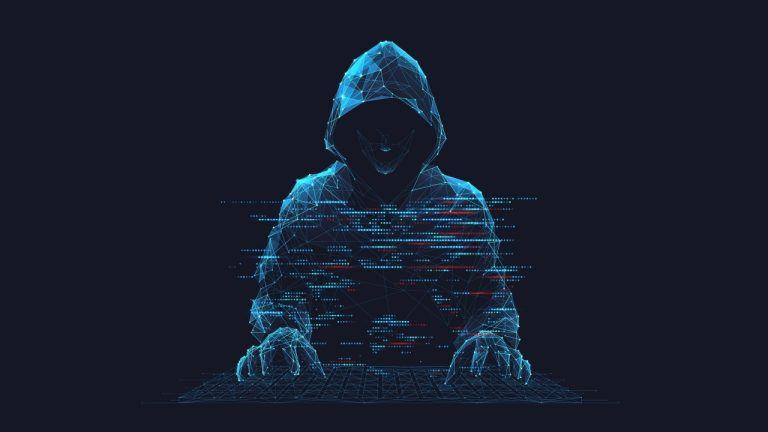

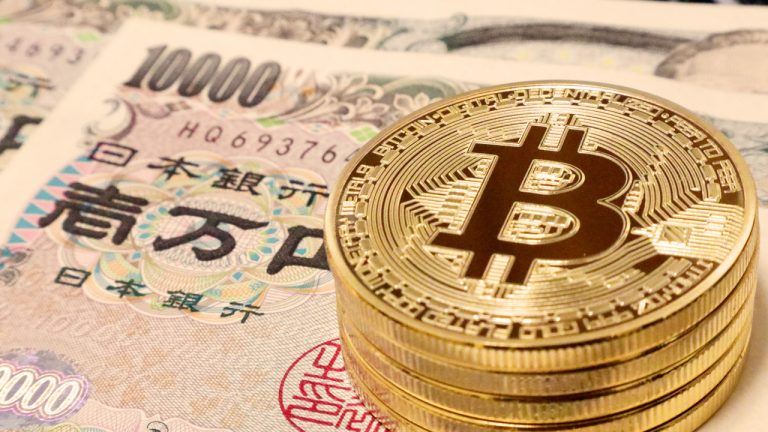
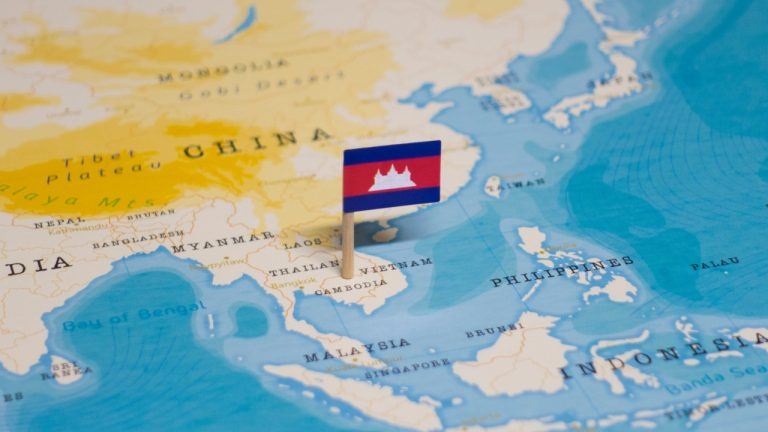



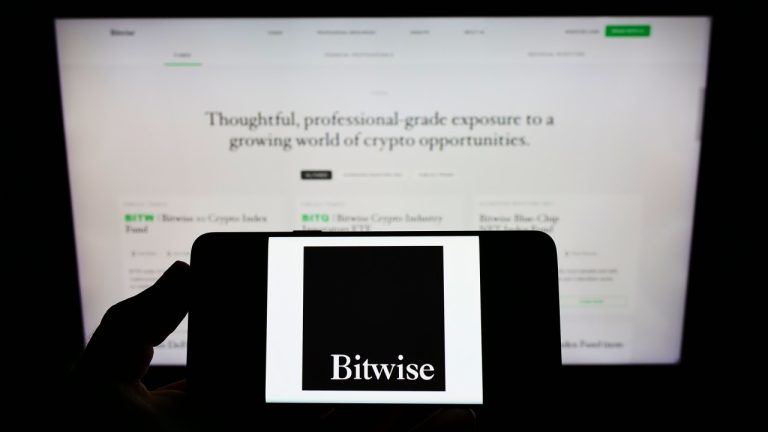




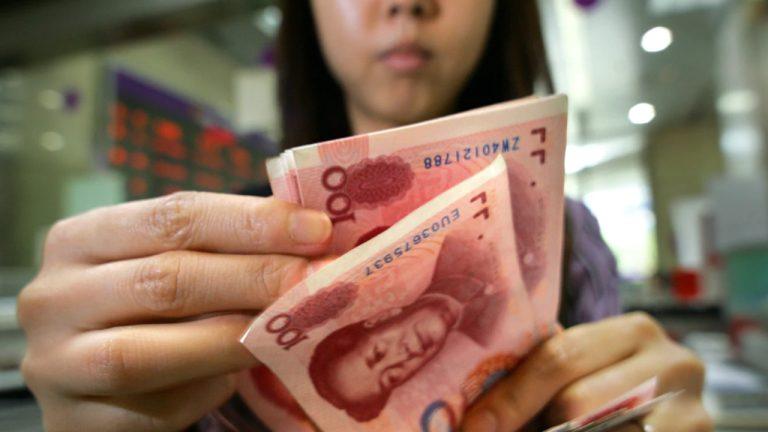
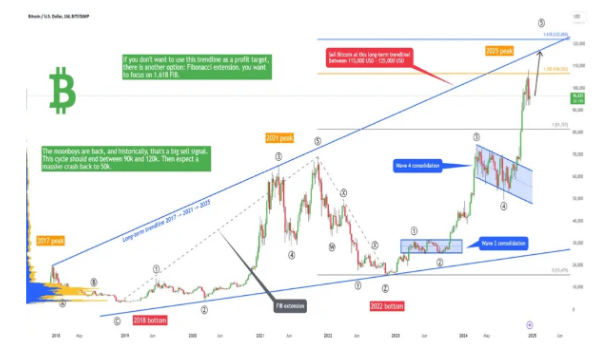





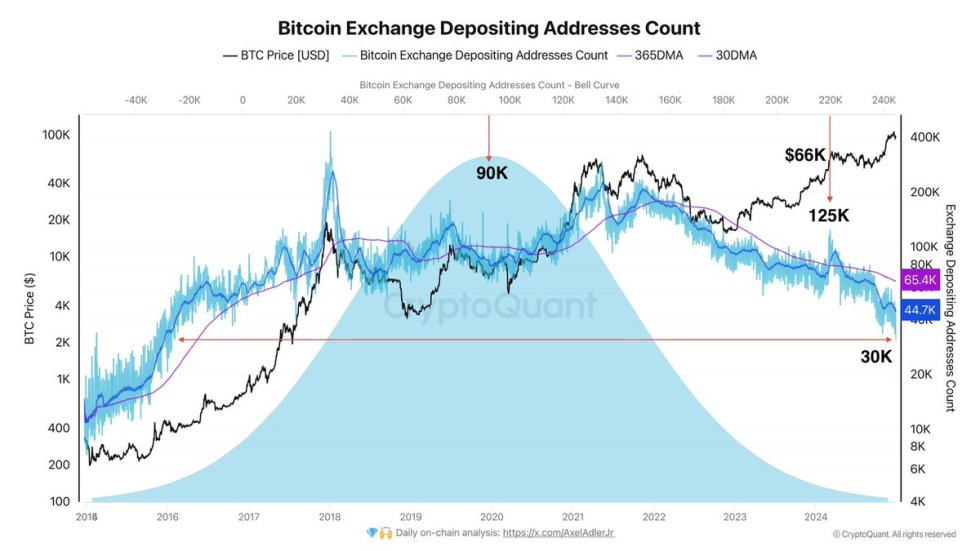
Comments